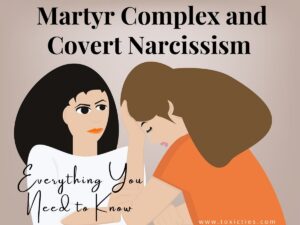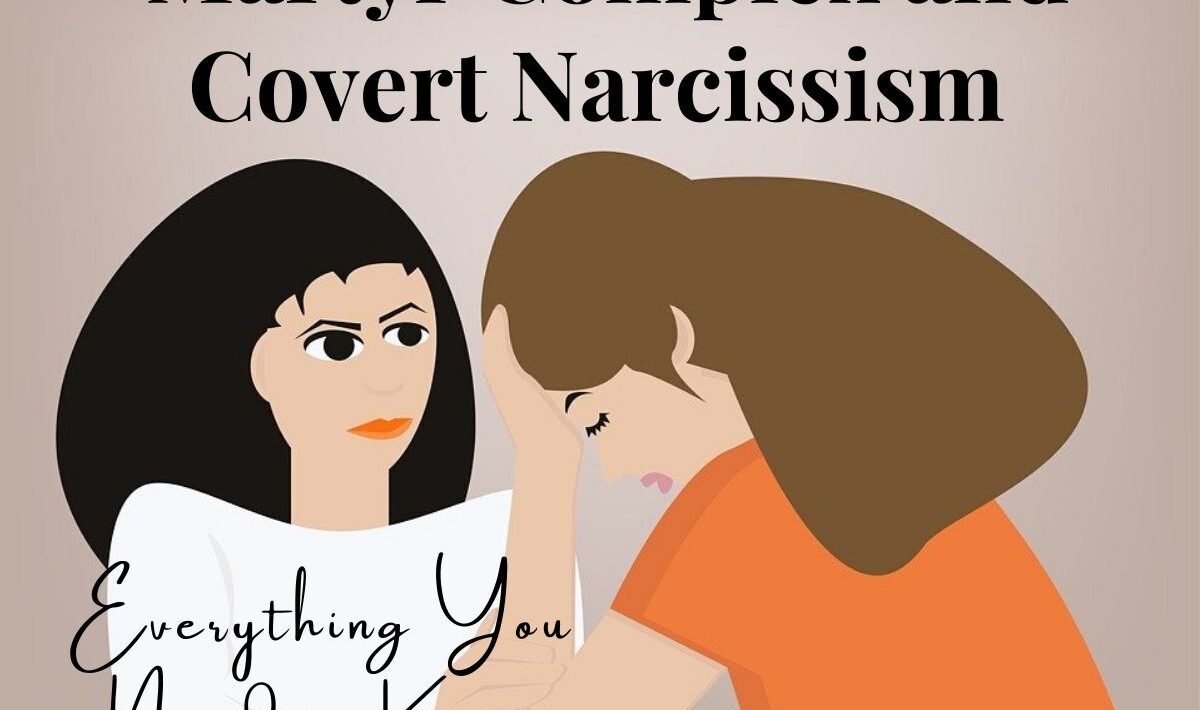
Generally speaking, covert Narcissists (or those with NPD) don’t realize what they are doing. They have a disorder. You are probably never going to get along with this person and have a normal relationship with them. Ever.
However, if you have someone who exhibits NPD qualities (whether it be family or a loved one), but wish to avoid conflict and encourage a rather harmonious relationship, then proceed at your own will.
What is a Covert Narcissist?
Covert (or closet) Narcissists struggle with the same issues with object constancy, splitting, mood-regulation, fluctuating self-esteem, that exhibitionist Narcissists do.
An exhibitionist Narcissist is similar to other types of narcissists. They usually grow up with poor self-esteem and may lack a nurturing environment at home. They often compensate for this by having an inflated sense of self. They often crave attention.
However, unlike exhibitionist Narcs, they were usually taught from a young age that being in the spotlight will lead to them feeling humiliated, and so they prefer to be attached to things they admire, rather than the center of everyone’s attention (which is usually anxiety-inducing for them).
How are they different from exhibitionist Narcissists?
As opposed to exhibitionist Narcissists who want to be held at the top and receive all admiration, the closet Narcissist feels that the only way they can get to the top is by being chosen by someone or something by whatever they admire. For instance, imagine climbing a structure to which the end goal is to reach the top, balanced, and avoid falling down. In this situation, the covert Narcissist must deal with others who threaten their path, possibly knocking them off their internal emotional rise by perceived Narcissistic injuries, and often finding themselves at the bottom trying to get back up again.
Narcissistic Supply
This is similar to what closet narcissists experience. They have the intense desire to be recognized, feel special, and admired, but feel more comfortable when they are not alone at the top, and the attention is bounced off of something else onto them. For this reason, they often get their supply by attaching themselves to causes, people, groups, and objects that they view as a desirable reflection of themselves. This can look like displaying the organizations they are a member of, bragging about their children, marrying someone they view as impressive, etc.
Narcissistic Injuries
Closet narcissists are easily narcissistically wounded, often by feelings of embarrassment, not feeling special or valuable, guilt, and shame. In dealing with someone who is a closet narcissist, it is important to be aware of their intense sensitivities in these areas and try to avoid triggering them.
Pointers
Also, avoid criticizing them at all, and especially in public settings.
If you have to share anything negative with them, do it privately, sandwich it between many specific positive and true statements about them, and if possible include a relevant self-deprecating story about yourself so that they don’t feel as humiliated and alone.
If they are doing something you don’t like, (criticizing, complaining, guilt-tripping, etc.) don’t feel obligated to engage or defend yourself. Instead try to disengage, or be empathetic to their feelings when at all possible. It is more about them wanting to feel validated and empathized with, and Narcissistic injuries than it is about you.
Avoid getting into blame games with them as they are unlikely to be receptive or able to tolerate any feelings of self-loathing and shame.
Compliment them often using specific and true statements that you have observed about them or something they have done. They have very low self-esteem, and constantly need validation of their self-worth.
To Conclude
Dealing with a closet narcissist is similar to dealing with an exhibitionistic one. It is important to be particularly cognizant of their constantly fluctuating self-esteem and mood, and how easily they feel narcissistically wounded. Try to be an admiring audience whenever possible, as they will likely be calmer when they feel better about themselves in your presence.

